The Business Acumen Gauge was developed by Quad Assessment as a result of a recognised need for this element of leadership and organisational performance to be mapped, measured and managed.
The term Business Acumen is mentioned frequently in the public domain yet there is no universal agreement on what constitutes Business Acumen. The Business Acumen Gauge aggregates the critical capabilities identified by top tier leaders as being fundamental for organisational success. The diagnostic process allows you to identify which of those capabilities are most crucial for your organisation and use that agreed matrix to map, measure and improve leadership capability.
“Business acumen is the capability to both know and demonstrate the key attributes of your role that allow you to succeed in running your business”
11 Capabilities - (click to expand)
The Business Acumen Gauge theoretical framework is made up of eleven capabilities, each one represented by a range of observable behaviours. Each capability will be more or less relevant for your organisation resulting in a framework that aligns with the expectations of your most senior leaders.
mindset
These are your mental attitudes or predispositions. These determine your responses to and interpretations of situations. They are also indicators of your inclinations and habits. They are the ways you think as a predictor of how you might act in demonstrating business acumen. (read more)
Foresight
This is your ability to step back to get a total picture of the business and envisage its future. (read more)
Broad Scanning
This is your ability to acquire and use information about trends, events, possibilities and relationships in the external environment. (read more)
Strategic Alignment
Strategic alignment is creating, setting and executing strategic direction designed to improve business performance. (read more)
Collaborative
The Collaborative capability describes working with others to achieve common objectives. (read more)
Resource Management
Resource management is optimally rationing resources - materials, people, time and finance. (read more)
Systems and process
Systems and process refers to efficiently identifying, developing and using management information systems and technology. (read more)
DECISION MAKING
Making sound choices from among the available options, then identifying necessary actions and sharing these insights with others. (read more)
Talent Development
Assessing and developing key talent to meet business needs. (read more)
Duty of Care
Taking responsibility for present and future well-being of staff and the organisation - economic, social and environmental. (read more)
financial literacy
Understanding, interpreting and applying financial data. (read more)












